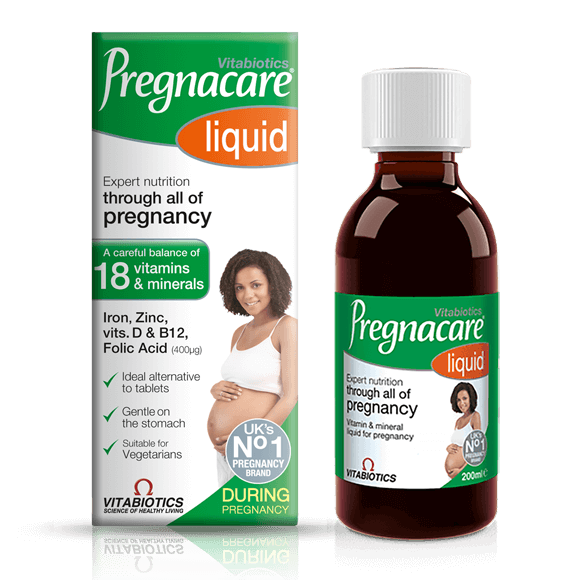For the past few weeks we've been looking at midwives, and the types of antenatal care you can expect to receive when pregnant.
But what does a high-risk pregnancy mean, and what impact will this have on your maternity care?
Over to Summaya, our in-house Pregnacare midwife:
Q. What Is A High-Risk Pregnancy?
Rationales for why women are deemed to be 'high-risk' can vary and can change during the course of the pregnancy.
At booking 'high-risk' risk factors could include anything from:
- Pre-existing or recently diagnosed medical conditions
- Being overweight
- A history of miscarriages or stillbirths
- Diabetes
- A mental health history
- Being in a relationship where domestic violence occurs
- Sickle cell or thalassemia
- HIV, Hepatitis B or C, sexually transmitted infections
Although this list is not exhaustive.
Complications can arise and develop in the course of the pregnancy, such as developing pregnancy related illnesses such as pre-eclampsia or obstetric cholestasis which can turn a low risk pregnancy to a high risk one.
It is therefore important that you are open and honest with your midwife and other healthcare professionals enabling us to support you in the best way possible in the course of the pregnancy and the first few weeks postpartum.








Comments (0)